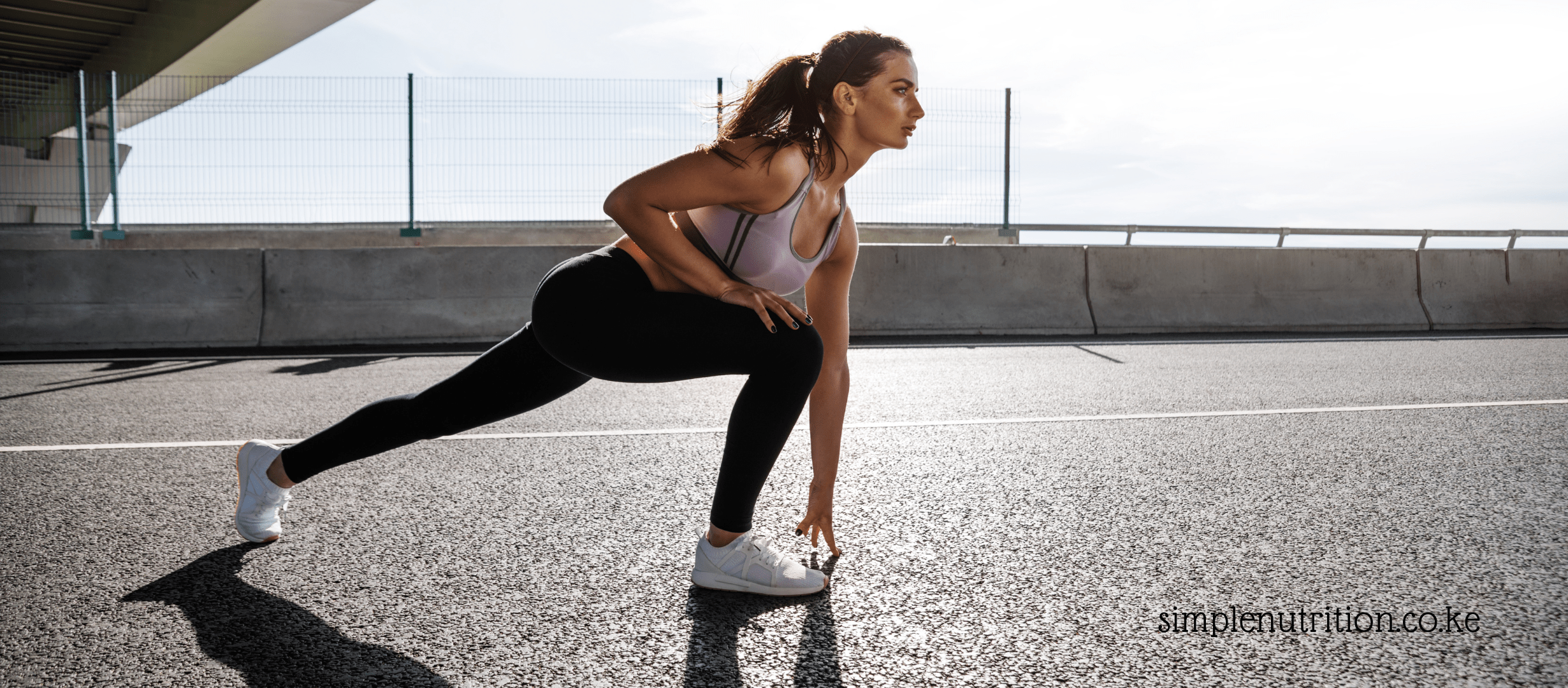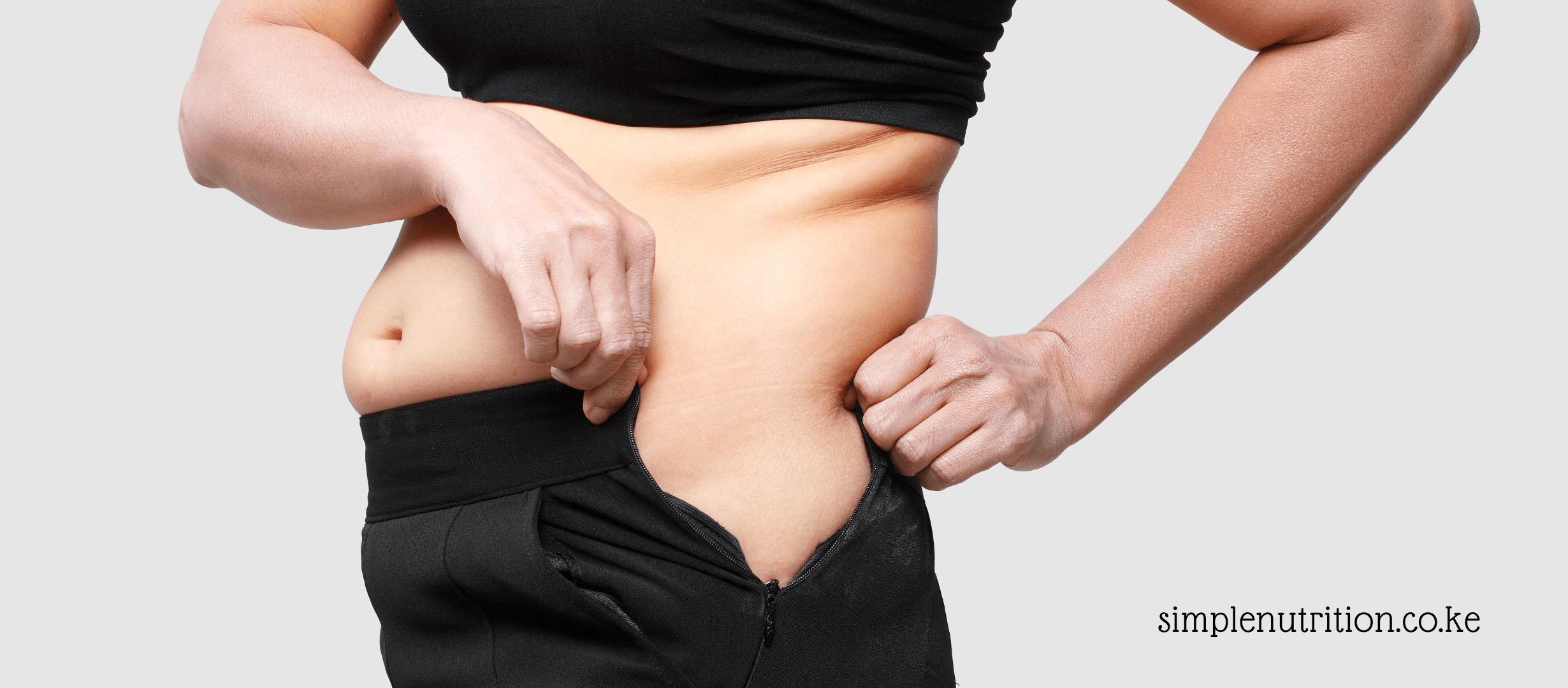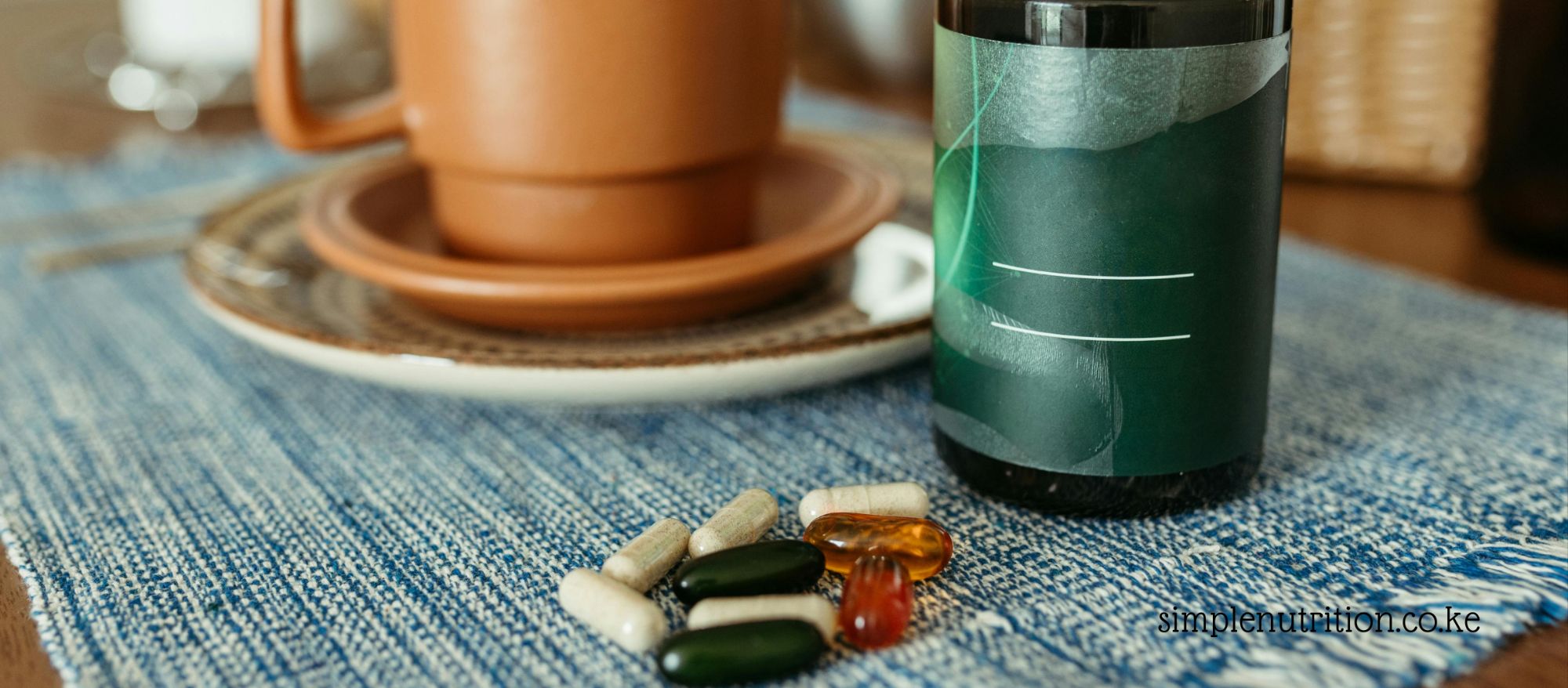If your body was a house, protein would be the bricks holding it together. Every time you walk, cook, carry groceries, or even laugh, your muscles work and protein repairs them afterward. It also keeps your hair shiny, your nails strong, and your immune system ready to fight off colds and infections.
When you don’t get enough protein, the signs sneak in quietly fatigue that doesn’t go away, hair that feels brittle, constant cravings, and slower wound healing.
The beauty is, in Kenya, protein is not just found in expensive steaks or imported powders. Our local markets, kiosks, and even roadside stalls are full of protein-rich foods waiting to be enjoyed from a humble plate of githeri to a steaming bowl of green grams.
1. Start Your Day with Protein
Breakfast is where you set the tone for your energy levels. Many of us in Kenya start the day with chai na mkate, which is comforting but not very filling for long. Adding a little protein in the morning can keep you fuller for hours.
- Swap bread-only breakfast for two boiled eggs and a slice of whole wheat bread. Eggs are quick to boil, affordable, and packed with high-quality protein.
- Make uji with millet or sorghum flour instead of maize flour, and stir in 2-3 tablespoons of groundnut powder it’s rich, and boosts the protein content.
- If you enjoy smoothies, blend banana, milk, peanut butter, and a teaspoon of chia seeds for a satisfying, protein-rich breakfast on the go.
Tip: If you’re on a tight budget, buying eggs in trays from the market is cheaper than getting them piece by piece from the shop.
2. Make Snacks Count
Afternoon cravings are real especially between 3 PM and 5 PM when hunger hits like a matatu at rush hour. Instead of grabbing a packet of crisps, make your snacks work for you.
- Roasted njugu karanga (groundnuts): Sold in small paper cones along busy streets or in supermarkets, they’re cheap, filling, and high in protein.
- Githeri: You can prepare a big batch and store in the fridge for quick reheats.
- Yogurt with a sprinkle of sunflower seeds: Creamy, tangy, and satisfying.
Budget Hack: Buy raw groundnuts, roast them yourself in a pan, and store in an airtight container you’ll save money and avoid unnecessary salt and oil from commercial ones.
3. Upgrade Your Ugali & Rice Meals
Ugali and rice are non-negotiable for many households. But on their own, they don’t give you enough protein to keep you strong and energized.
- Pair ugali with sukuma wiki and beef, or if meat prices are high, add two boiled eggs to the plate.
- Mix rice with ndengu (green grams) or beans to make it more balanced.
- Serve ugali with omena, which is one of the richest protein sources and it’s also loaded with calcium for strong bones.
Cultural Note: In many Kenyan rural homes, omena is still considered a “humble” meal, but nutritionally, it’s a superfood.
4. Add Protein to Salads & Soups
Kachumbari is delicious, but it can be more than just tomatoes and onions.
- Add diced boiled eggs or shredded leftover chicken.
- Sprinkle pumpkin seeds or sunflower seeds over the top for crunch and nutrition.
- Make a warm lentil soup with carrots, onions, and a touch of garlic for a comforting dinner especially on chilly evenings.
Cooking Trick: Lentils (kamande) cook faster than beans, making them a great last-minute protein option.
5. Use Dairy or Dairy Alternatives
Dairy is one of the easiest ways to boost protein without too much cooking.
- Drink a glass of milk in the evening before bed it also helps with better sleep.
- Add yogurt to a smoothie with bananas, peanuts, and honey.
- Use small amounts of cheese in vegetable bakes, omelets, or sandwiches.
For lactose-intolerant, fortified soy milk or almond milk can work just as well.
6. Sneak Protein into Everyday Cooking
Sometimes, it’s the small changes that add up over time:
- Stir powdered milk into your vegetable stews to make them creamier and more nourishing.
- Add ground njugu karanga paste to sukuma or spinach for a nutty, savory flavor.
- Mix chia or flaxseeds into your porridge or pancake batter.
You don’t need to spend thousands at a supermarket to eat enough protein. In fact, some of the richest protein sources in Kenya eggs, beans, omena, ndengu, groundnuts are available in every market, often at very affordable prices.
By making small changes adding an egg here, some seeds there, or pairing ugali with omena instead of just sukuma you can transform your meals into powerful, protein-rich plates that keep you full, strong, and healthy.
Discover more from Simple Nutrition
Subscribe to get the latest posts sent to your email.






